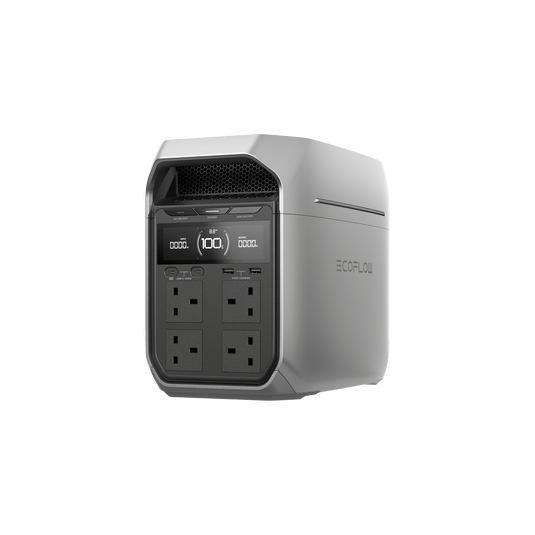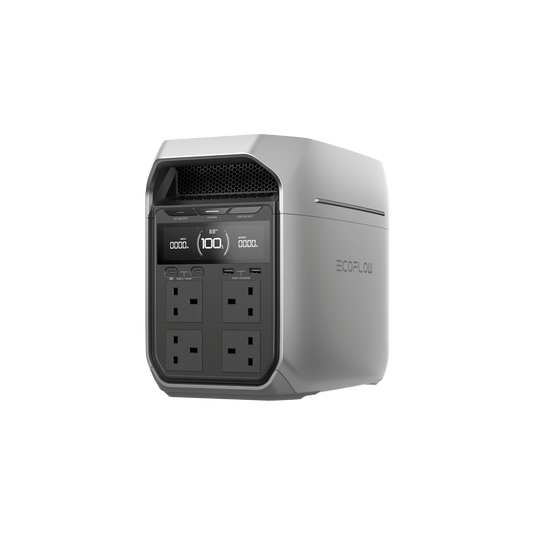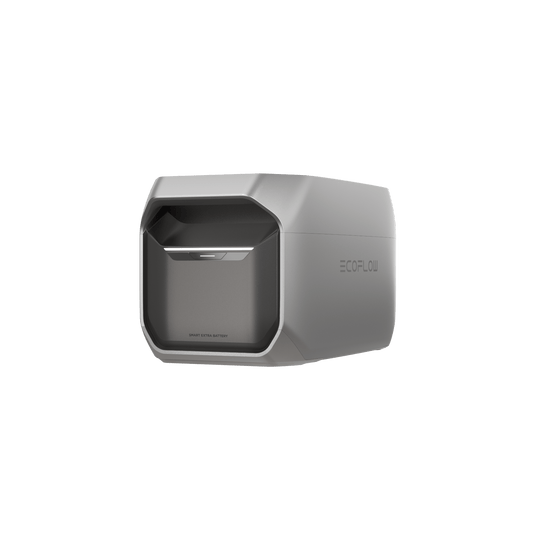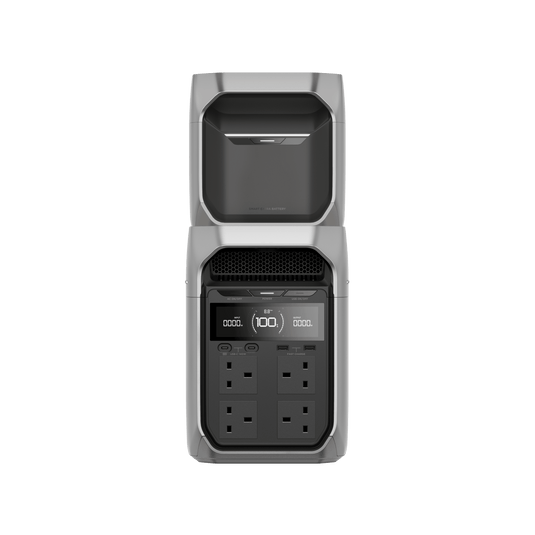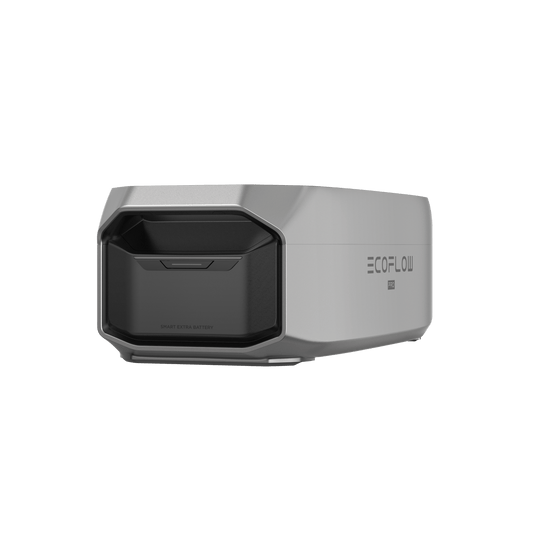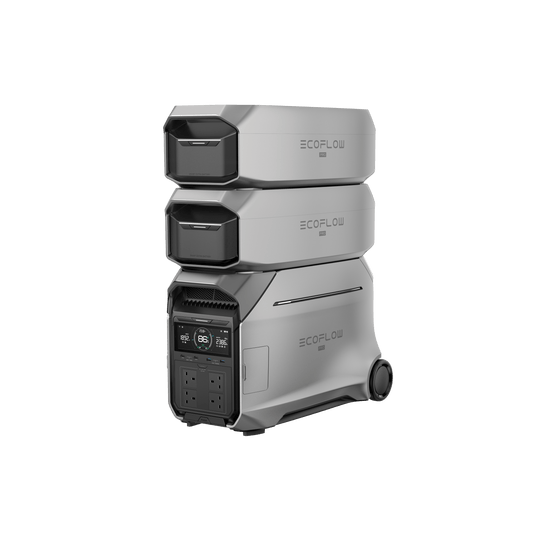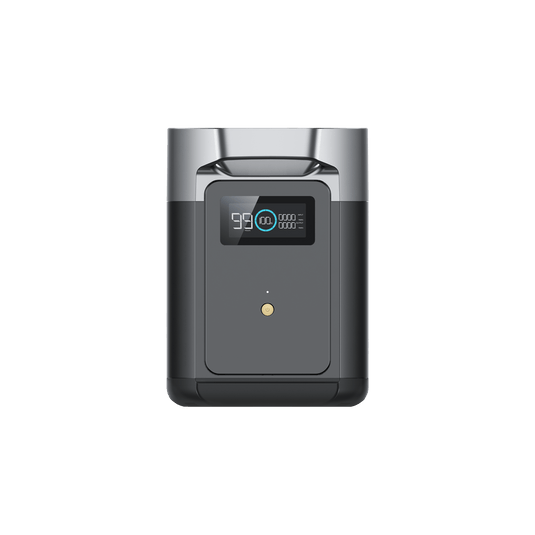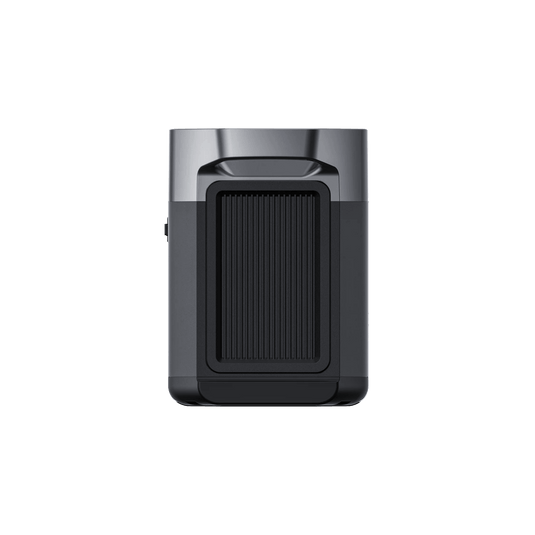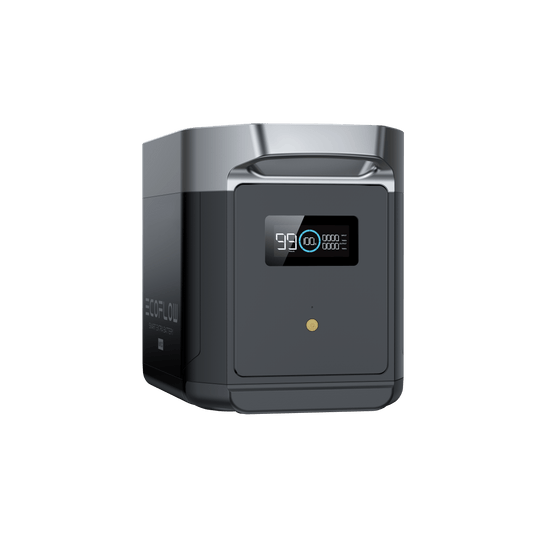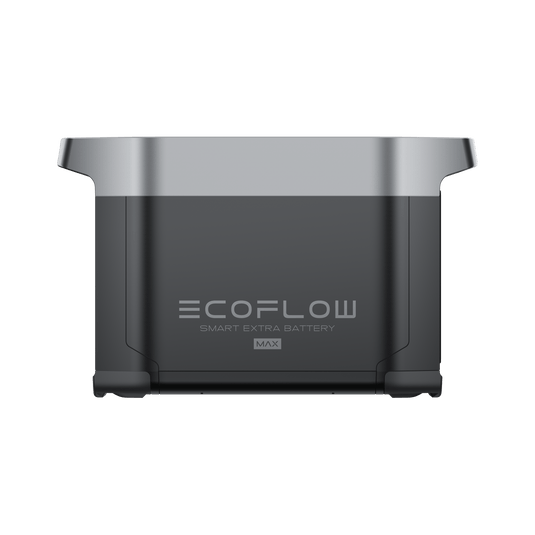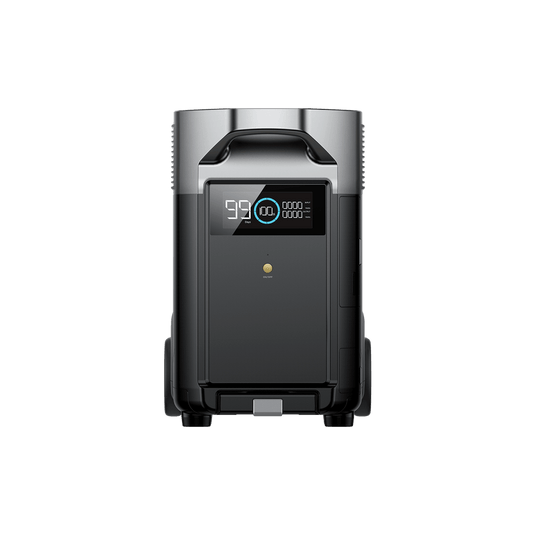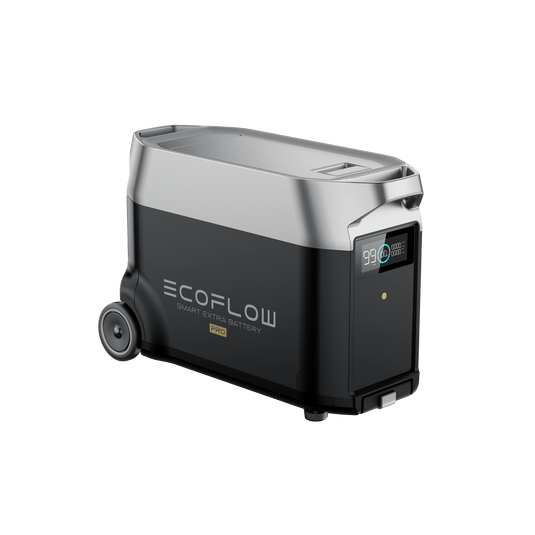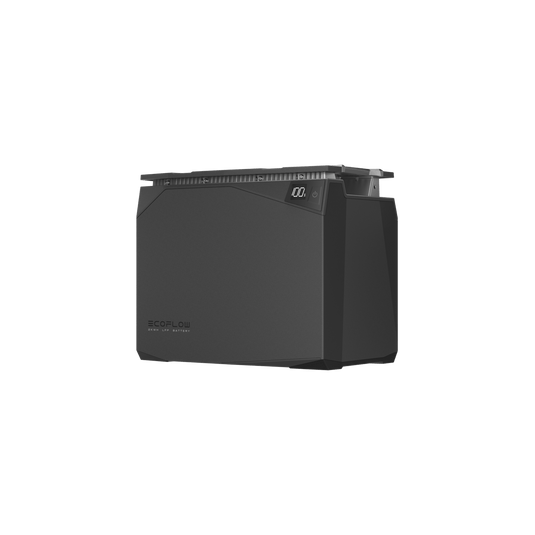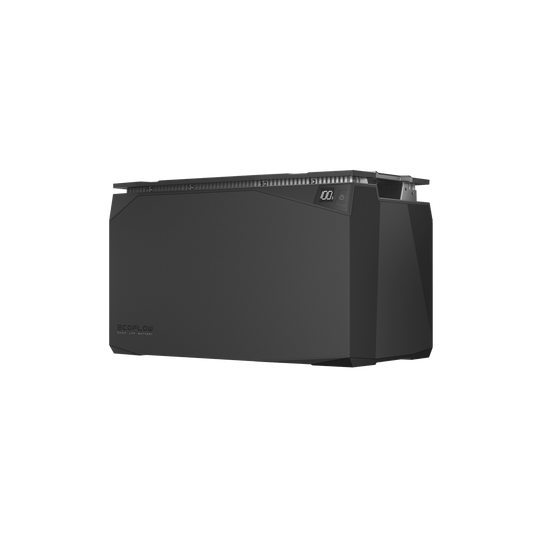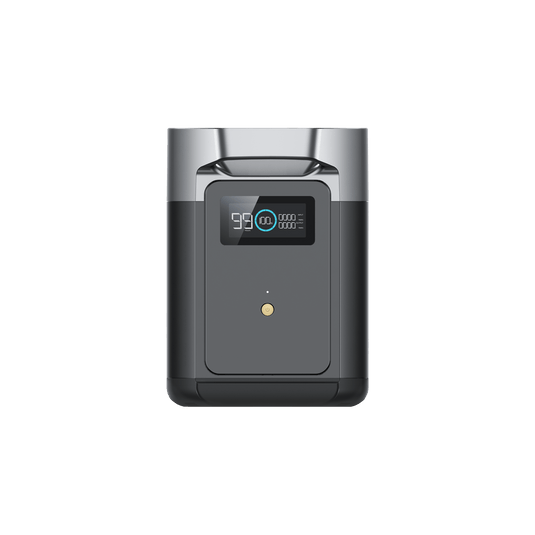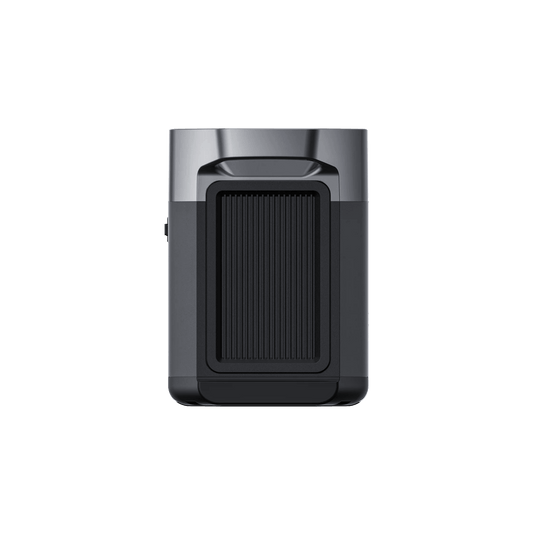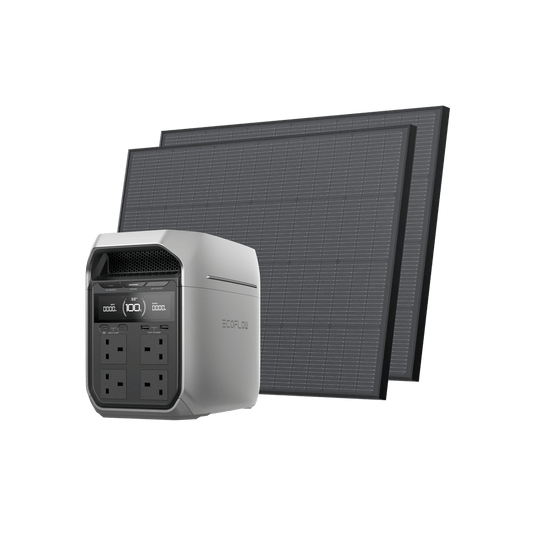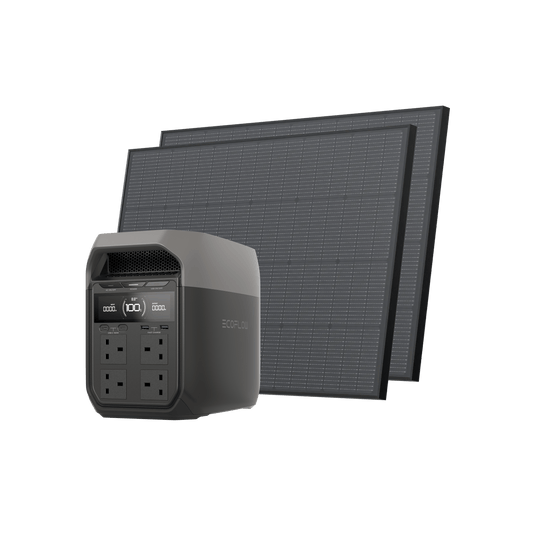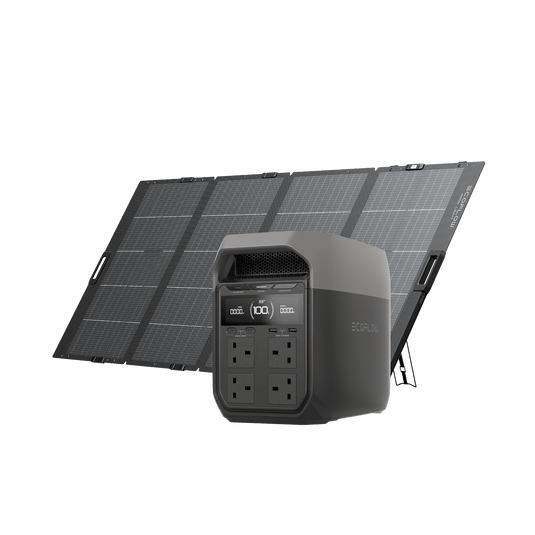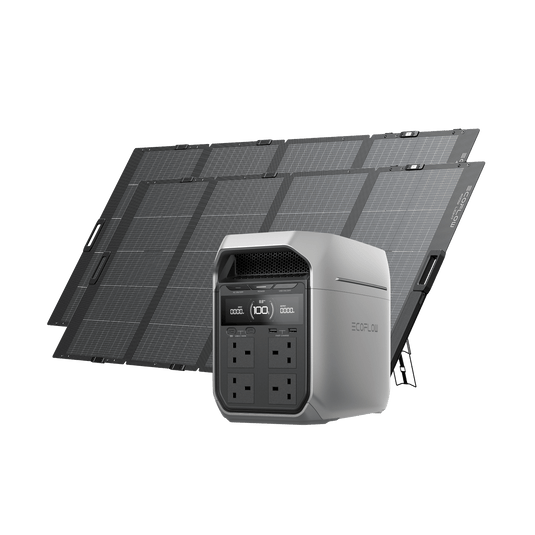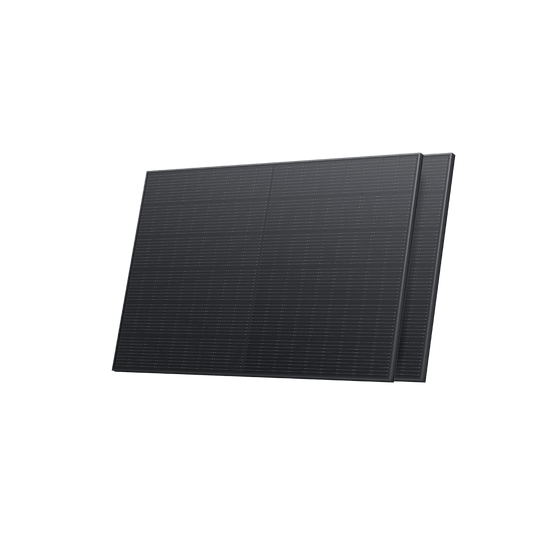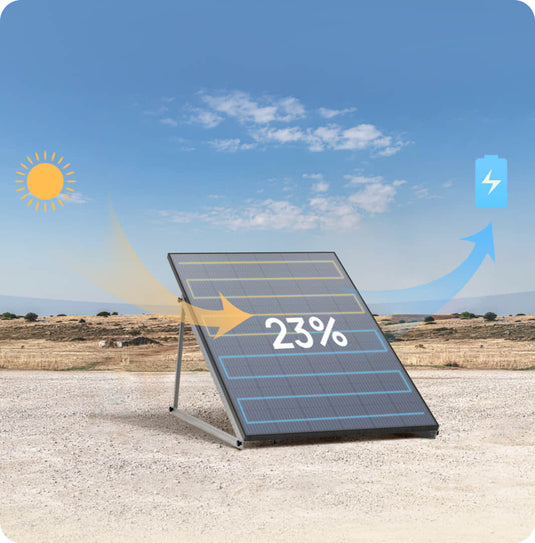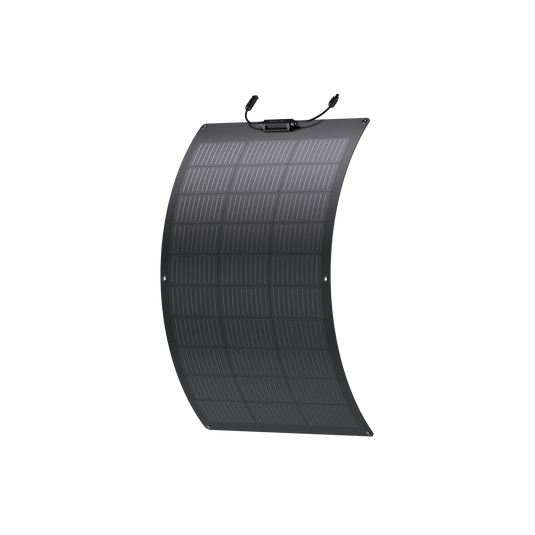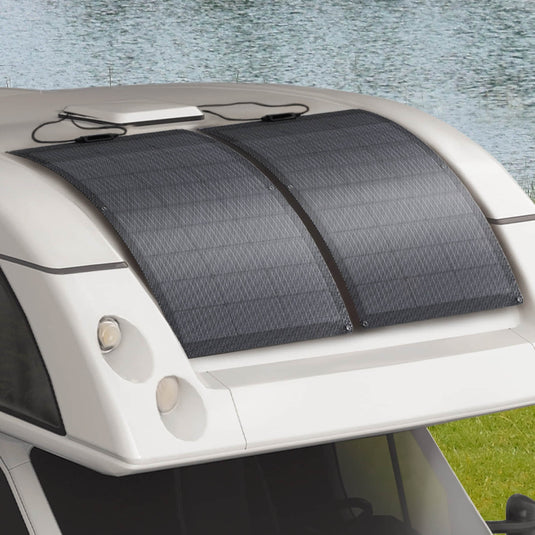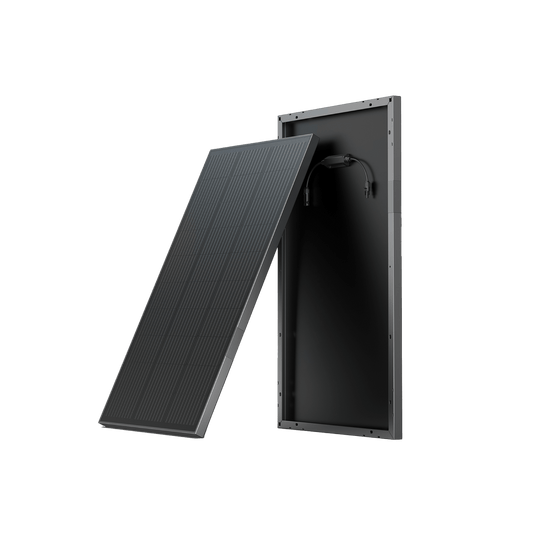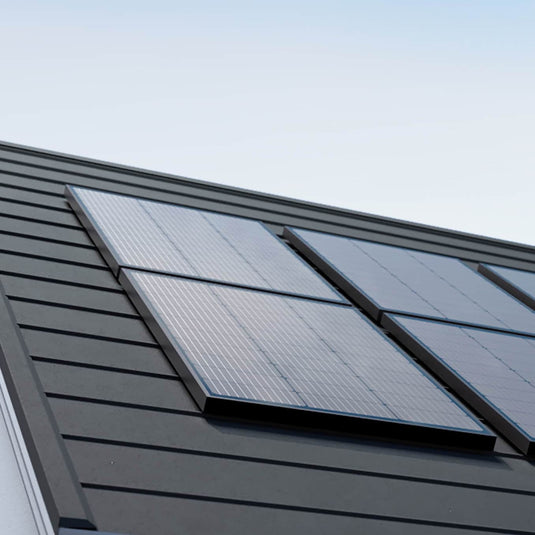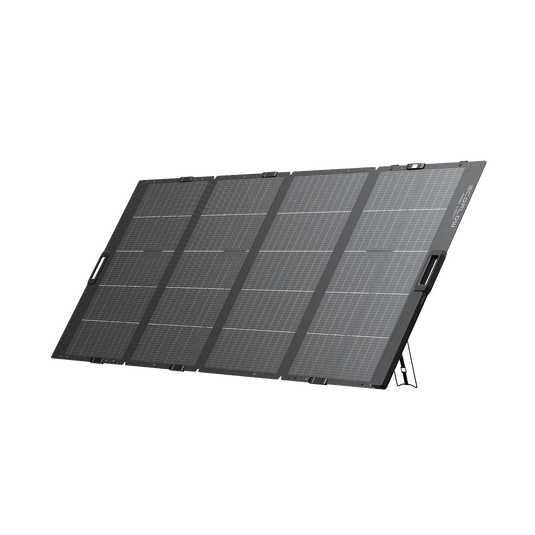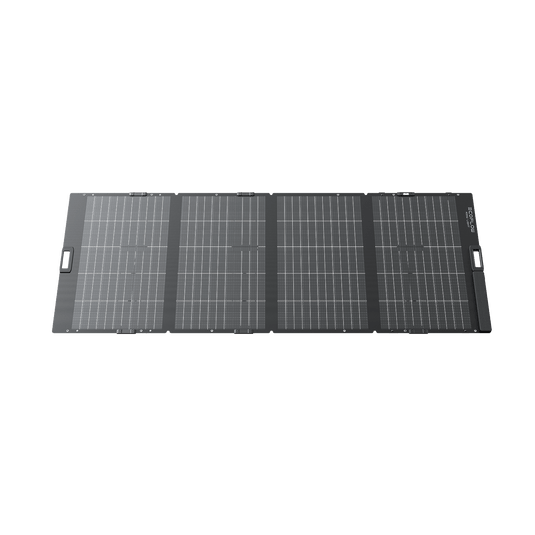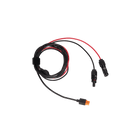Off Grid
On Grid
1800W Output
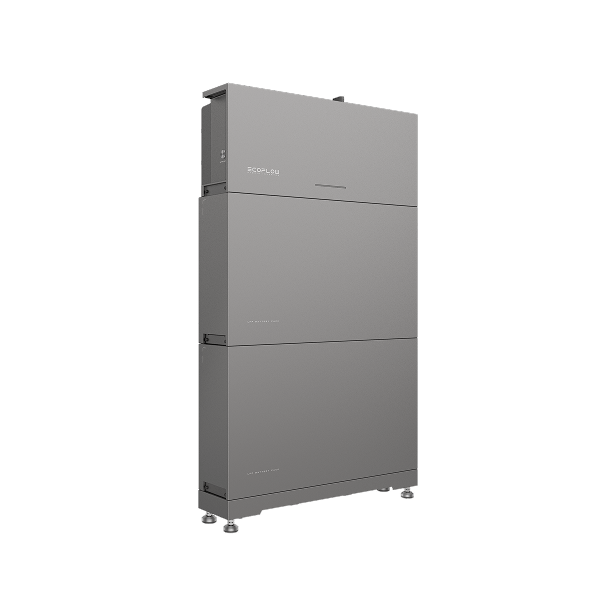
PowerOcean (1-phase)
For homeowners with energy needs for the entire household
Energy supply
1-phase system
Output power
3 to 6 kW
Storage/backup capacity
5 to 15 kWh
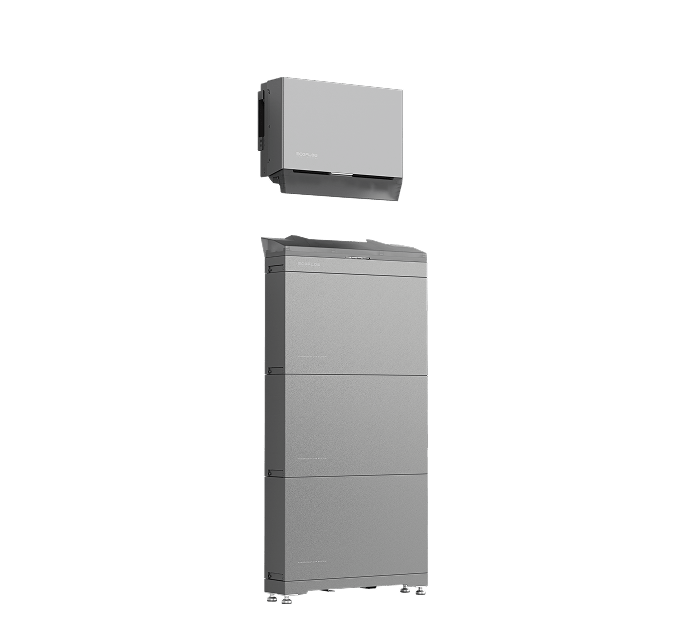
PowerOcean (3-phase)
For homeowners with energy needs for the entire household
Energy supply
3-phase system
Output power
6 to 12 kW
Storage/backup capacity
5 to 45 kWh
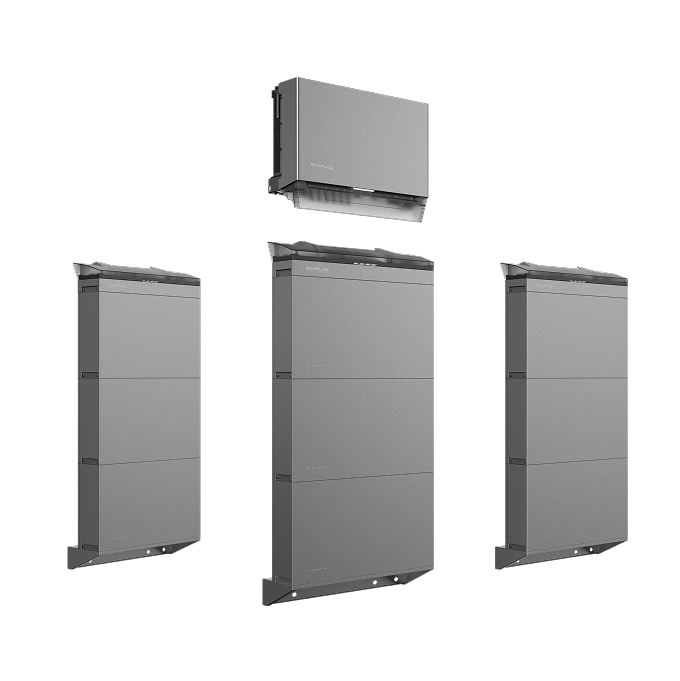
PowerOcean Plus(3-phase)
For homeowners with high energy needs
Energy supply
3-phase system
Output power
15 to 29.9 kW
Storage/backup capacity
5 to 60 kWh
Accessories
Smart Home Energy Ecosystem
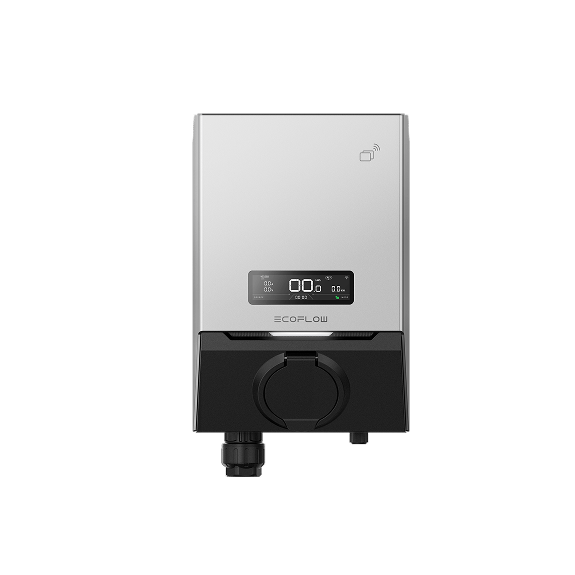
PowerPulse 2
Solar EV Charger
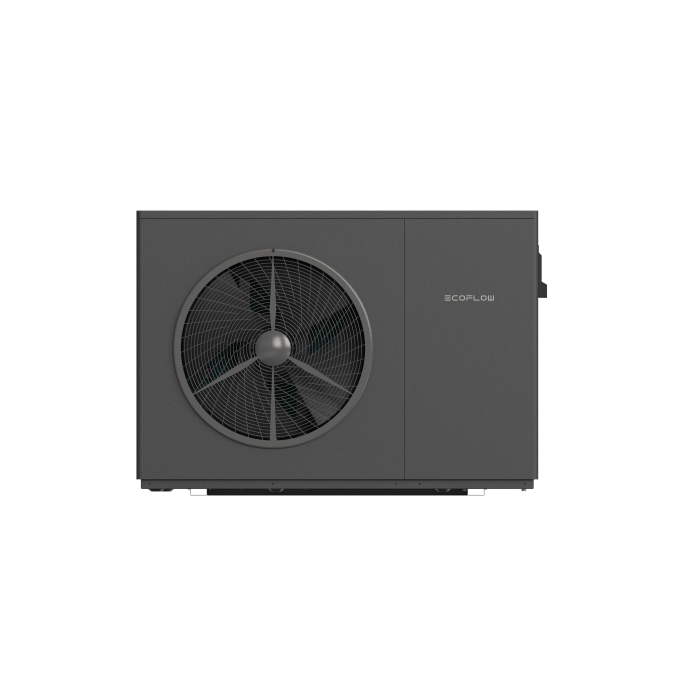
Power Heat
Air-to-Water Heat Pump
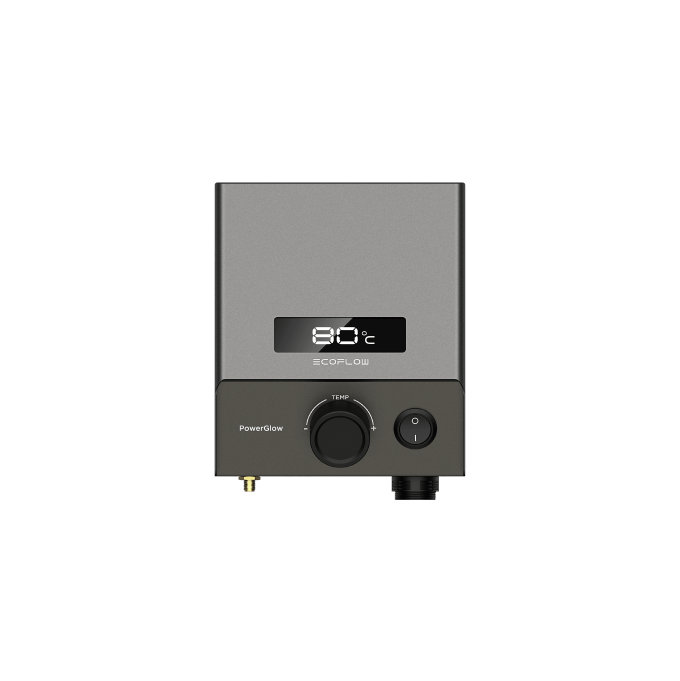
PowerGlow
Smart Heating Element
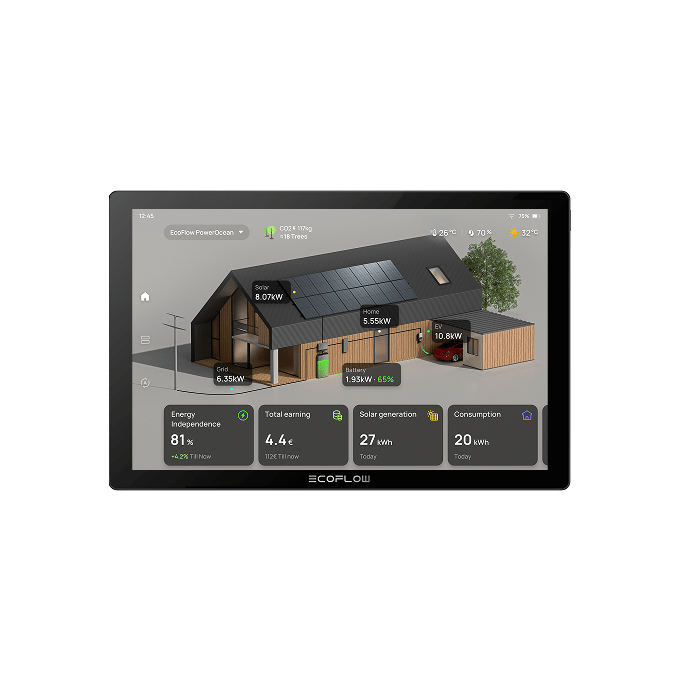
PowerInsight
Home Energy Monitor
Accessories
Fully charge in 1.3 hr
IP68
IP68




What is solar battery?
A solar battery is an energy storage device that collects the electricity generated by the solar panels and stores it for later use. It is a core component of photovoltaic systems and allows you to use this energy at any time, regardless of solar radiation, especially at night or on cloudy days.
Learn MoreHow do solar batteries work?
Solar batteries store the excess energy generated by the solar panels as chemical energy and release it when needed as electricity.
Ask for HelpFAQs on Solar Battery Storage
What size solar battery do I need?
The size of your solar battery will depend on your energy needs and the level of independence you desire. To find out what size you need, add up your daily energy consumption in watts per hour (Wh) and multiply it by the number of days the solar battery should last without recharging. Pay attention to the rate of discharge (which can be as high as 90% for lithium batteries). Formula: Battery capacity (Ah) = energy consumption (Wh) / battery voltage (V).
How long do solar batteries last?
The lifetime of solar batteries depends on the technology used: The EcoFlow solar lithium batteries use LFP technology and manage between 3000 and 6000 charging cycles without any loss of their capacity. After that, it will only be reduced to 80%. The lifetime of a solar battery depends on the charging cycles, the depth of discharge and the temperature conditions.
How much are solar batteries?
Depending on their capacity, compact units solar battery for off grid use carry accessible entry pricing(between 800 and 1200 euros), while home solar battery systems reflect extended capacity and backup duration.
Is it safe to put solar batteries inside the house?
Yes, if installed properly. EcoFlow X-Guard technology makes their solar batteries waterproof, fireproof and fall-proof. Furthermore, they are ultra-quiet with a background noise level of 30dB, which will not affect your sleep or that of your loved ones. For home power storage battery, PowerOcean is engineered with cutting-edge fire-resistant technology to prevent and suppress potential fire hazards, ensuring the safety of users and protecting property from battery-related incidents.
How many solar panel batteries are needed to power a house?
Powering a typical UK home requires solar panel battery storage capacity matching your daily usage and backup goals. For essential overnight coverage, a single high-capacity unit like Delta Pro suffices, while 24/7 whole-home operation typically needs 2-3 batteries. Larger homes or EV charging scenarios benefit from PowerOcean modular expandability up to 90kWh. Precise sizing depends on your historical consumption, critical appliances, and outage resilience needs – use our Power Planner for customized calculations in under a minute.
Are solar batteries worth it?
Yes, because they allow you to store solar energy for later use, increasing your independence from the electric grid. They are particularly advantageous in areas with an unstable electricity supply or in off-grid systems. In addition, you can also use your solar batteries during road trips and outdoor activities. The versatility of these solutions is one of their greatest strengths.
How to connect solar panels to battery?
First, connect the solar battery to the solar charge controller. Then connect the solar panels to the solar charge controller. Finally, connect the inverter.
Can a 12v solar panel charge a 24v battery?
Not directly. It can be done in two ways: By connecting a charge controller to it with a boost converter that increases the voltage, or by using two 12V solar panels connected in series to increase the voltage to 24V.
What size solar panel to charge 12v battery?
The solar panel must exceed the battery's nominal voltage (12V). Ideally, we would need a 18V or higher solar panel to compensate for the power losses.
Can I charge a lithium battery with a solar charger?
Yes, as long as the solar charger supports lithium technology and can provide the right charging features (e.g. constant current/constant voltage mode). Many modern MPPT or PWM charge controllers support lithium batteries.



